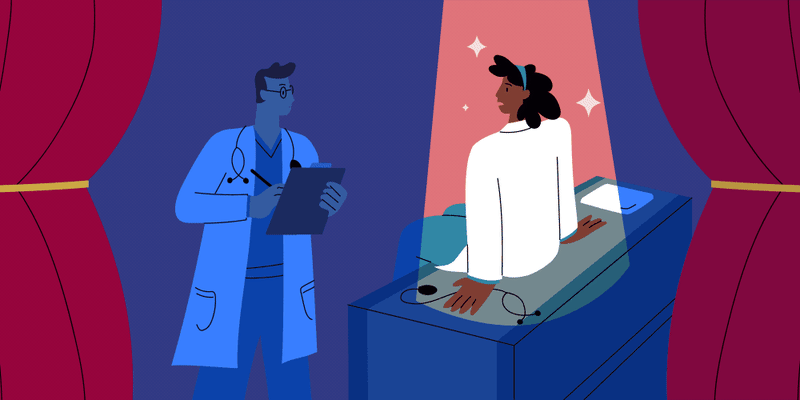I have a new arrow in my quiver. Whenever my prediabetic patients refuse to change their lifestyle, I “threaten” them with metformin, a prescription drug that lowers blood sugar.
Recently, I attended a webinar in which an elderly physician, himself a diabetic, explained his three-pronged approach to managing the disease — metformin, dapagliflozin (another anti-diabetic drug), and an herbal supplement. Metformin, he explained, is one of the world’s oldest and best known anti-diabetic drugs. It can cause transient gastrointestinal side effects but is generally well-tolerated. Moreover, he continued, the drug improves heart and kidney function and reduces overall mortality. Indeed, I see several young women, referred to me by other practitioners, who are taking metformin to prevent diabetes.
As a naturally minded physician, I usually shy away from prescribing drugs, unless necessary, knowing that my select group of patients won’t take them. Most seek me out as a holistic physician who does not resort to pharmaceuticals. Yet therein lies the power.
Some time after the webinar concluded, I suggested to two prediabetic patients that they start metformin. It worked like magic. One patient responded, “I will not take metformin, but I have just embarked on a low-carb diet.” Success. Years of cajoling did nothing to motivate the patient toward a healthier lifestyle, but the threat of a drug did the trick.
Another patient emailed me, “I will improve my diet and start on those supplements you have been recommending.”
I hadn’t intended the metformin as a threat. I felt that it would quickly optimize my patients’ blood sugar, sparing them the harmful effects of dysglycemia.
It was only later, when they sent their replies, that I realized I had discovered a new treatment modality: threat of prescription.
Two other patients, who are not so rigidly opposed to pharmaceuticals, readily filled their prescriptions, and I believe they will be healthier for having done so.
Patient compliance is one of a physician’s biggest challenges. When it comes to diet, many obstacles stand in the way, from eating disorders to desire for comfort foods to simple force of habit. Yet in these instances, the simple act of prescribing a drug, even if never taken by the patient, appeared to be highly efficacious.
To illustrate the complexity of using diet as a therapeutic tool, I recently had a second visit with a young woman, referred by her psychotherapist for the treatment of polycystic ovary syndrome, a prediabetic condition.
At our initial visit, she stared at me dumbfoundedly when I explained that she needed to eliminate such foods as bread, pasta, potatoes, and fruit most of all, and that she had to avoid late night snacks. At the second visit, accompanied by her mother, she proudly recited her newly changed diet history, which did not include a single forbidden food. Yet she had added 13 pounds to her already obese frame. Now it was my turn to be dumbfounded. When I suggested that she might be eating larger quantities of permitted foods, she smiled. Not simple, this diet changing business.
With a different diabetic (as opposed to prediabetic) patient, who had initially refused all medication, I employed another tactic — yelling. I didn’t mean to, of course. I was so frustrated with him I just lost control. Later, I felt bad and texted an apology, but he replied, “No, I actually prefer your direct approach.”
From my encounter with him, I learned another lesson: Don’t be so quick to take patients at their word. For this man, I had advised two prescriptions, as recommended in the webinar. He accepted one but refused the other, so I did not transmit the second one to his pharmacy, only to receive a text from him later asking where it was.
The bottom line from these various patient encounters? Do what you think is best and let the patients do the rest. Those who need the drugs will take them, and those who can afford to wait while they change their lifestyle are likely to do so.
What approaches have encouraged your patients to comply with your recommendations? Share your strategies in the comment section.
Marjorie Ordene, MD is an integrative physician practicing in Brooklyn, NY. Her essays, short stories, and poetry have been published in various magazines and anthologies including The Sun, Tablet, Lilith, and Michigan Avenue Review.
Image by nadia_bormotova / Getty






